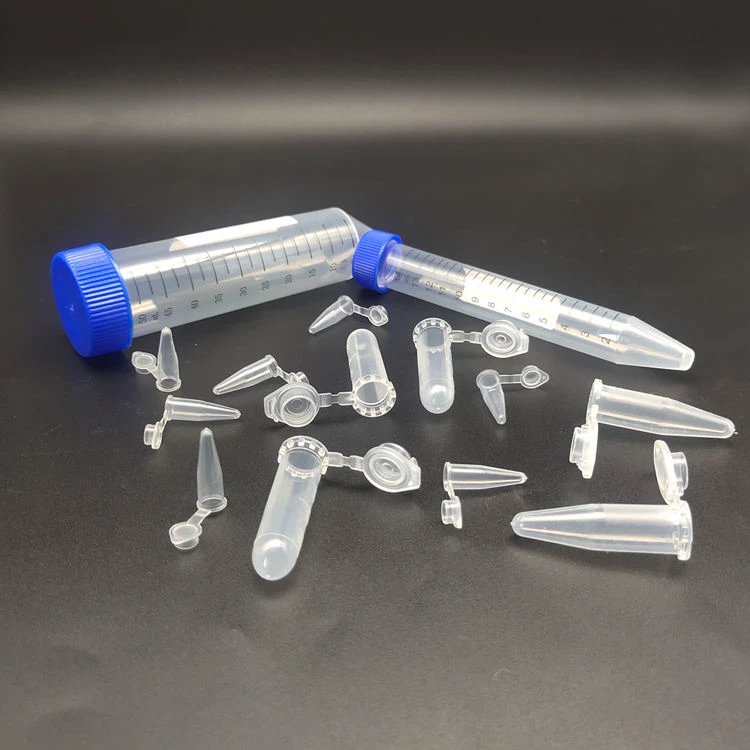Versatile Plastic Dropper Bottles for Precise Liquid Dispensing and Storage
The Versatility and Utility of Plastic Dropper Bottles
Plastic dropper bottles have become an essential item in various fields, ranging from pharmaceuticals to beauty products and culinary applications. Their design offers precision, ease of use, and convenience, making them a popular choice for both commercial products and personal use. This article will explore the features, benefits, and applications of plastic dropper bottles, showcasing their versatility and significance in our daily lives.
Design and Features
Plastic dropper bottles typically come in a variety of sizes, ranging from small 10ml containers to larger 100ml options. They are usually made from high-density polyethylene (HDPE) or polyethylene terephthalate (PET), which are both lightweight and durable materials. The defining characteristic of these bottles is their dropper tip, which allows for controlled dispensing of liquids. This feature is particularly useful for products needing precise measurements, such as essential oils, serums, or laboratory solvents.
Moreover, many plastic dropper bottles come with a fitted cap to prevent leakage and protect their contents from contamination. Some designs include child-resistant caps, ensuring safety in households with young children. The transparent nature of many plastic dropper bottles also allows users to easily monitor the remaining quantity of a product, which is an added convenience.
Benefits of Plastic Dropper Bottles
One of the primary advantages of using plastic dropper bottles is their versatility. They can accommodate a wide range of liquids, including oils, serums, medications, and even culinary ingredients like vinegar or specialty oils. This adaptability makes them suitable for various industries, including cosmetics, pharmaceuticals, food, and beverages.
Additionally, plastic dropper bottles are cost-effective. Their lightweight nature reduces shipping costs, and their durability minimizes the risk of breakage during transport. Many manufacturers also offer options for custom labeling, allowing businesses to promote their brand effectively while providing essential information about the product inside.
plastic dropper bottle

Another significant benefit is the ability to control dispensing accurately. The dropper tip allows users to manage how much liquid is dispensed with each squeeze, which is particularly important in applications where dosage matters. For example, a few drops of a highly concentrated essential oil can suffice for aromatherapy, while an accurate dose of medication is critical for patient safety.
Applications Across Industries
The applications of plastic dropper bottles are vast and varied. In the beauty and cosmetics industry, they are widely used for products such as facial oils, serums, and hair treatments. These bottles allow users to apply products precisely without wasting any, ensuring effective usage.
In the pharmaceutical field, dropper bottles serve as containers for liquid medications, enhancing patient compliance by making dosing easier. The ability to dispense small amounts of medication accurately is especially beneficial for pediatric and geriatric care.
In culinary settings, chefs and food enthusiasts use plastic dropper bottles to dispense ingredients with precision, whether for plating sauces or adding a few drops of high-quality vinegar to a dish. Their ease of use simplifies the cooking process and enhances presentation.
Conclusion
Plastic dropper bottles exemplify the blend of functionality and practicality, offering reliable solutions for a multitude of applications across different industries. Their design promotes accuracy in dispensing while ensuring convenience in storage and transport. As trends continue to evolve in product formulation and packaging, the relevance of plastic dropper bottles remains steadfast, highlighting their crucial role in modern consumption. Whether for personal use or commercial production, these bottles are a small yet significant part of our daily lives, offering both efficiency and ease.
-
Aesthetic Makeup Spray Bottles | Fine Mist Empty RefillableNewsAug.19,2025
-
White Plastic Veterinary Vaccine Vials | Lab Liquid BottlesNewsAug.18,2025
-
Plastic Medicine Liquid Bottle: Secure Flip Top Drug VialsNewsAug.17,2025
-
Durable 250ml Blue Plastic Vaccine Vial for Lab & Vet UseNewsAug.16,2025
-
Sterile Virus Sample Tubes: Secure & Reliable Specimen CollectionNewsAug.15,2025
-
White 250ml Plastic Vaccine Vial for Lab & Vet MedicineNewsAug.14,2025
























